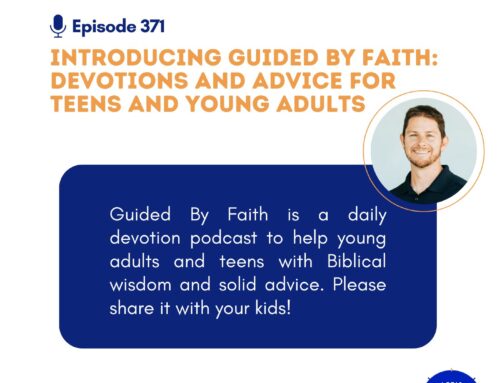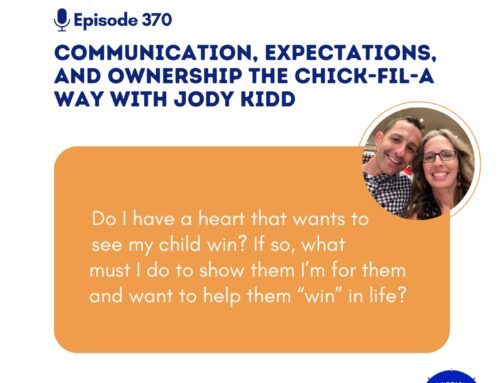Powered by RedCircle
If you have any hope of parenting your family over the very long run, then you have to understand and live by some helpful rules for recovery.
If you find this podcast helpful, you can subscribe and click here to find past topics and free resources. Feel free to share with others, as well! If you would like to help support Let’s Parent on Purpose, you can do so by becoming a patron.
I would like to thank my Patreon supporters for their support. I use this money to outsource things I do not like to do or don’t know how to do, which is very helpful to me as I share the content of this podcast with all of you. Subscriptions and reviews matter on iTunes, and I thank you for those who have done so, particularly mpatrick0815 and rachel.beth and murray1919 and nzolo1. You sharing this podcast is the number one way for people to find it!
I send a weekly email called “Things for Thursday” and it includes things I’ve found helpful related to parenting, marriage, and sometimes just things I find funny! You can sign up for “Things for Thursday” by joining my newsletter on my homepage.
Show Highlights
I am currently writing a book! Its working title is Parenting is a Marathon, Not a Sprint. The chapter I want to share with you today is Seasons of Life from the section Rules for Recovery.
I’ve trained for and joined several marathons and one of the major things I’ve learned from them is that the rarity is when things go smoothly. Mishaps happen along the trail no matter how hard you train or how well you prepare.
In the same way, we live in a sinful, broken world. You should expect injury, exhaustion, and depletion. BUT, you don’t have to live injured, exhausted, and depleted.
A wise runner adapts their training and competitive schedule to their environment and a wise parent also needs to recognize the Seasons of Life.
The Seasons of Life include:
- Child development seasons. Growing years can be full of wonder as your child begins to explore friendships, hobbies, and interests. Through the years, they will hit milestones in the development of their mind, body, and spirit. Their levels of competence and independence will change too. You’ll find yourself in different roles as caregiver, coach, and adviser as they journey towards adulthood. You have to adjust to their needs depending on what stage they are at. You might be experiencing several seasons at once if you have multiple kids.
-
Transition season. We sometimes experience a season of change in our family life, whether it’s moving to a different place, switching schools, welcoming a new member into the family. Change takes time to get used to and can sometimes be intimidating. Help each other through this season.
-
Grieving season. Whether it’s a death in the family, a painful end of friendship, or a moral failure, grief can overcome a family. If you find your family in a grieving season, slow down. Give time and space for the grieving and don’t push to get past this immediately. Acknowledge the hurt and the brokenness, but also the hope that you have in Christ. Give it time.
-
Busy seasons. Sometimes you find yourself with more to do than you can possibly get done. But, watch out. If you cannot see an endpoint where things will decompress, it isn’t just a season. It could be a dangerously unhealthy lifestyle. Stop and make some changes. Stop trying to be superhuman.
-
Special needs seasons. Taking care of a family member that’s sick or has special needs means your family is going through a difficult but ultimately strengthening period. You may not be able to enjoy things that other “normal” families do in this season, but God is using this season to form each person’s character. Jesus is making you more like him. As you take care of your sick family member, be aware of the needs of other people in the family as well.
What seasons have you experienced? What season are you in right now? How did this season change what you are able to expect from yourself?
You can’t be everything to everyone at the same time. The secret to surviving the long-haul is realizing your situation and responding accordingly.

Resources Mentioned
- Jay’s e-book: Fun Family Conversations. Text THINGS to 66866 to download for free.
- Previous episode: Teaching Your Children How To Grieve with Bethany McLaughlin






